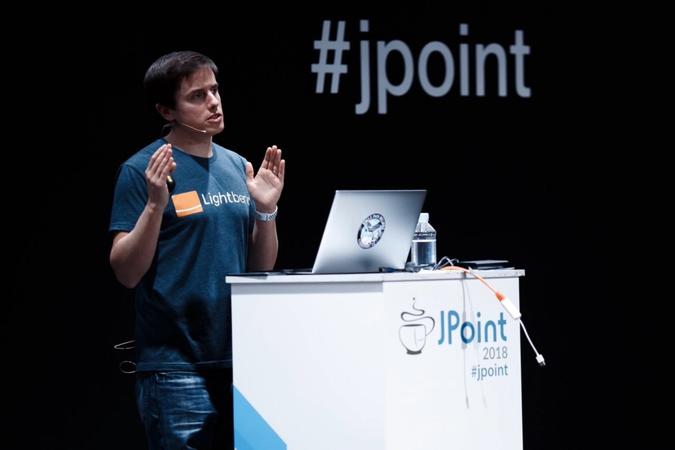 Architecture
ArchitectureConference50min
Application Architecture for Real-World Continuous Delivery
This talk outlines essential architectural patterns—disposability, statelessness, externalized observability, minimal dependencies, and integrated database migrations—that enable safe, scalable, and repeatable Continuous Delivery in containerized environments, helping engineers design applications ready for fast, reliable deployment whether modernizing legacy systems or building new services.

Christopher BateyCore Engineering Consulting Group
talkDetail.whenAndWhere
Thursday, October 9, 15:00-15:50
Room 8
Building a Continuous Delivery pipeline is only half the challenge. The other half is ensuring the applications flowing through it are actually built to be delivered. In our experience, even recently developed systems often fall short of what is required to support safe, scalable, and repeatable delivery in a containerised environment.
This talk is a practical primer for engineers who want to build software at speed. We will explore the essential architectural foundations that make Continuous Delivery possible—not in theory, but in the environments we see today.
You will learn how to design for:
Whether you are modernising legacy workloads or building new services, these patterns can help ensure your architecture supports the speed and safety that Continuous Delivery demands.
This talk is a practical primer for engineers who want to build software at speed. We will explore the essential architectural foundations that make Continuous Delivery possible—not in theory, but in the environments we see today.
You will learn how to design for:
- Disposability: Applications must start quickly and shut down cleanly to avoid downtime during rescheduling or scaling
- Statelessness: Enables horizontal scaling and resilience through multiple interchangeable instances
- Externalised logs and metrics: Ensures observability across environments without relying on local storage
- Minimal infrastructure dependencies: Avoid coupling to platform-specific components that limit portability
- Database and schema ownership: Embed migrations within the application lifecycle to remove release blockers
Whether you are modernising legacy workloads or building new services, these patterns can help ensure your architecture supports the speed and safety that Continuous Delivery demands.

Christopher Batey
Over 20 years Christopher has spent time in most areas of software delivery, product development, JVM library development (concurrency/distributed systems), Infrastructure engineering, architecture & system design and most recently Platform Engineering. He has a passion for speed and stability. Focusing on what we need to do next to speed up the software delivery lifecycle.
Over the years he’s contributed to many open source projects including Akka & Kubernetes.
Over the years he’s contributed to many open source projects including Akka & Kubernetes.

talkDetail.transcript.loginToSeeTakeaways
talkDetail.transcript.loginToSeeInsights
comments.speakerNotEnabledComments